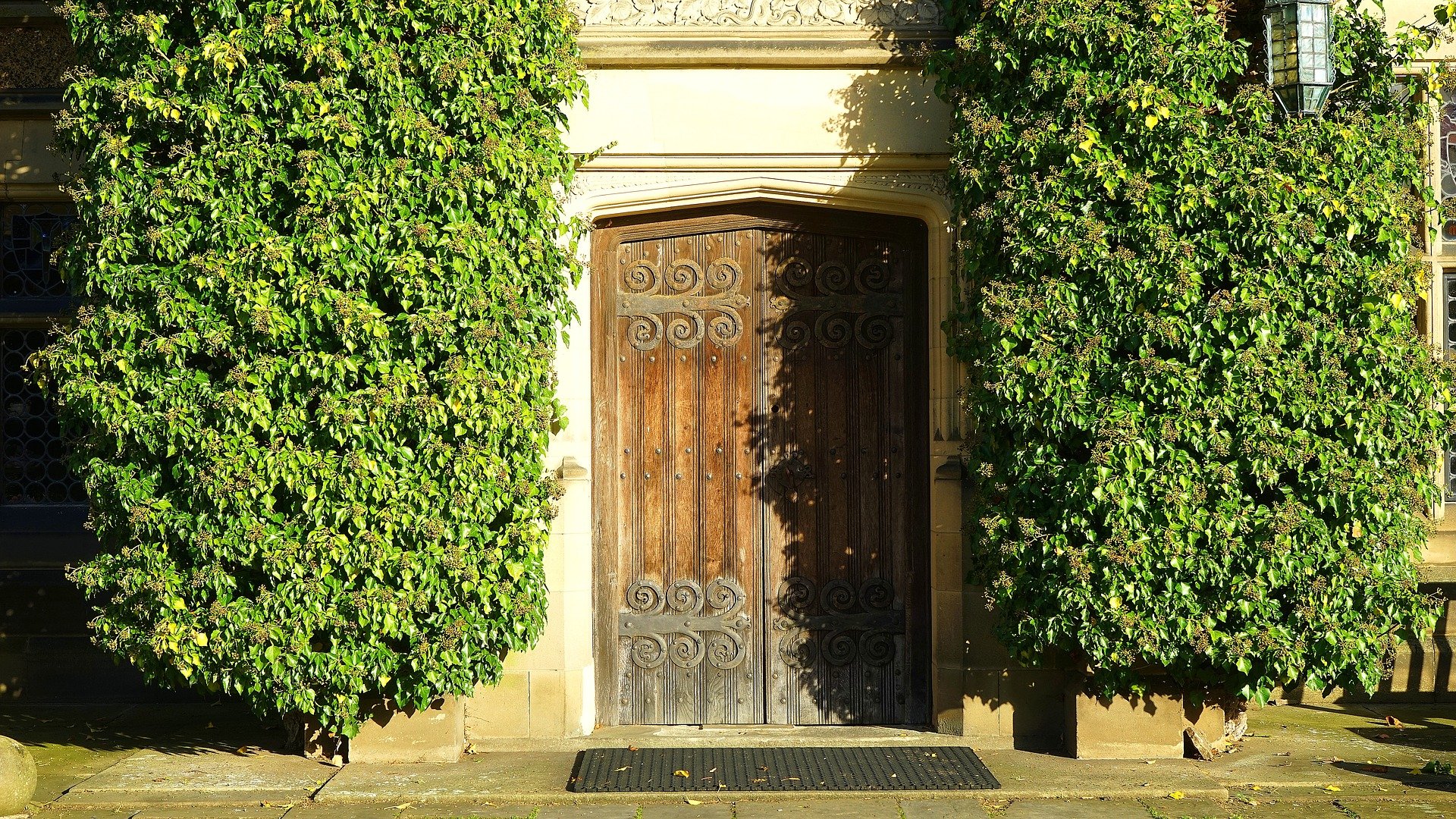Sometimes the hottest homes on the market are those with a little bit of history. If you take cities like Boston, Manhattan, Chicago or San Francisco, you’ll find historic homes all over. There’s something special about historic homes, and we aren’t just talking about the original hardwood floors or the architectural details that come with them. As Christine Bartsch from Homelight says, “Its age only adds to the appeal—if walls could talk, they’d have decades of interesting stories to tell.”
So, if you’re a real estate agent selling a historic home, what is the selling process like? How do you help your sellers sell it to the right buyers? Those who appreciate the historic qualities of the historic property and who will buy it for a price worthy of its historic value.
From its quirky features to its unique charm, there’s plenty of pro selling points to a historic home, and there’s also plenty of cons as well. But at the end of the day, your chances of getting a historic home as one of your listings is very possible, so it’s best to be prepared for the ups and downs of selling it to potential buyers.
PROS
Younger Home Buyers Love Old Homes
When young buyers are looking for homes, they are most likely always looking for an older, historic home. Meggen Taylor, at Inman says, “the majority of people we know in their early 30’s through late 40’s (i.e., consumers in prime early revenue generating and house buying years) in Philadelphia live in historic homes that are 90 years old— and in some cases far older. The same goes for everyone we know in Washington, D.C. and Chicago.”
Real estate is still all about location, and most of the time these historic homes are located in a prime downtown spot six blocks from your work or five blocks from your favorite restaurant. Younger home buyers don’t need 4,000 square feet in the suburbs, they want smaller homes with character that are close to everything. This is why historic homes are so attractive to younger home buyers.
They Don’t Make Them Like This Anymore
Another pro to selling historic homes is that they just aren’t built anymore. As a real estate agent you can market your historic home listing and make sure your buyers know, “Authentic architectural design features are reflective of an original commitment to artistry and quality that has stood the test of time,” as Meggen Taylor at Inman says.
Many think “newer is better”, but sometimes we beg to differ. You can still have a historic home with that bright modern kitchen you’re looking for in a new build. The bottom line is, builders aren’t building homes with the same character anymore, so as a real estate agent you can market your listing as something really special that people may not be able to find in a few years.
Old Meets New
While some think historic homes are filled with character and history, others just see them as the stereotype they sound like – small kitchens, squeaky floors, old windows and rusted plumbing. And while this may have been true once before, we’re here to tell you that “Old Meets New” is exactly what many people are looking for these days. What do we mean by this?
We mean that you can purchase a historic home, and turn it into that modern, new feel that you want, all while keeping the history and character alive. Taylor at Inman says, “What we now know is that virtually every historic home has had at least one owner (if not more) who was willing to bang down the walls, open up a master suite, rock an aquarium shower, build a wine cellar in the basement, chef out the kitchen and put an in-ground pool in the backyard. Voila! Historic architecture meets modern luxury.”
CONS
Historic Homes May Require A lot of Work
According to Michelle Lerner at the Washington Post, “Historic houses sometimes take longer to sell than more modern ones because old houses require more maintenance and can have preservation restrictions.” Given that most historic homes are at least 50 years old, they’re going to require a lot of work. From water damage and electrical issues to structural problems and termite damage, historic homes that haven’t been properly preserved will most certainly fall into disrepair. If your client decides to take on this type of home, just make sure they have the financial stability to take on this kind of project.
Insurance May Be Expensive
As we mentioned, historic homes are at least 50 years old and sometimes they can come with structural problems, electrical or plumbing issues. For this reason, insurance may be a little higher on a historic home, so it’s important to make sure your buyers know that. They might even have to go with historic property insurance, which can be more expensive since some personal insurance companies won’t even offer insurance for historical homes.
Buyers May Not Like the Historic Neighborhood’s “Rules”
Oftentimes, historic homes are located in a Historic Neighborhood. And while these neighborhoods may be close to your favorite restaurant or bar, they also come with a lot of rules that buyers may not just want to deal with. As a real estate agent, it’s important to research and have those rules ready on hand when buyers ask because that can either make or break the sale.
As said from an article on Redfin, “Selling a vintage home is about restoration, preservation, and education. Your home’s unique history and original fixtures and finishes may be the primary selling points that earn you the selling price you’re hoping for.” It’s important as a real estate agent to take the qualities about a historic home and utilize them as you’re marketing it.



